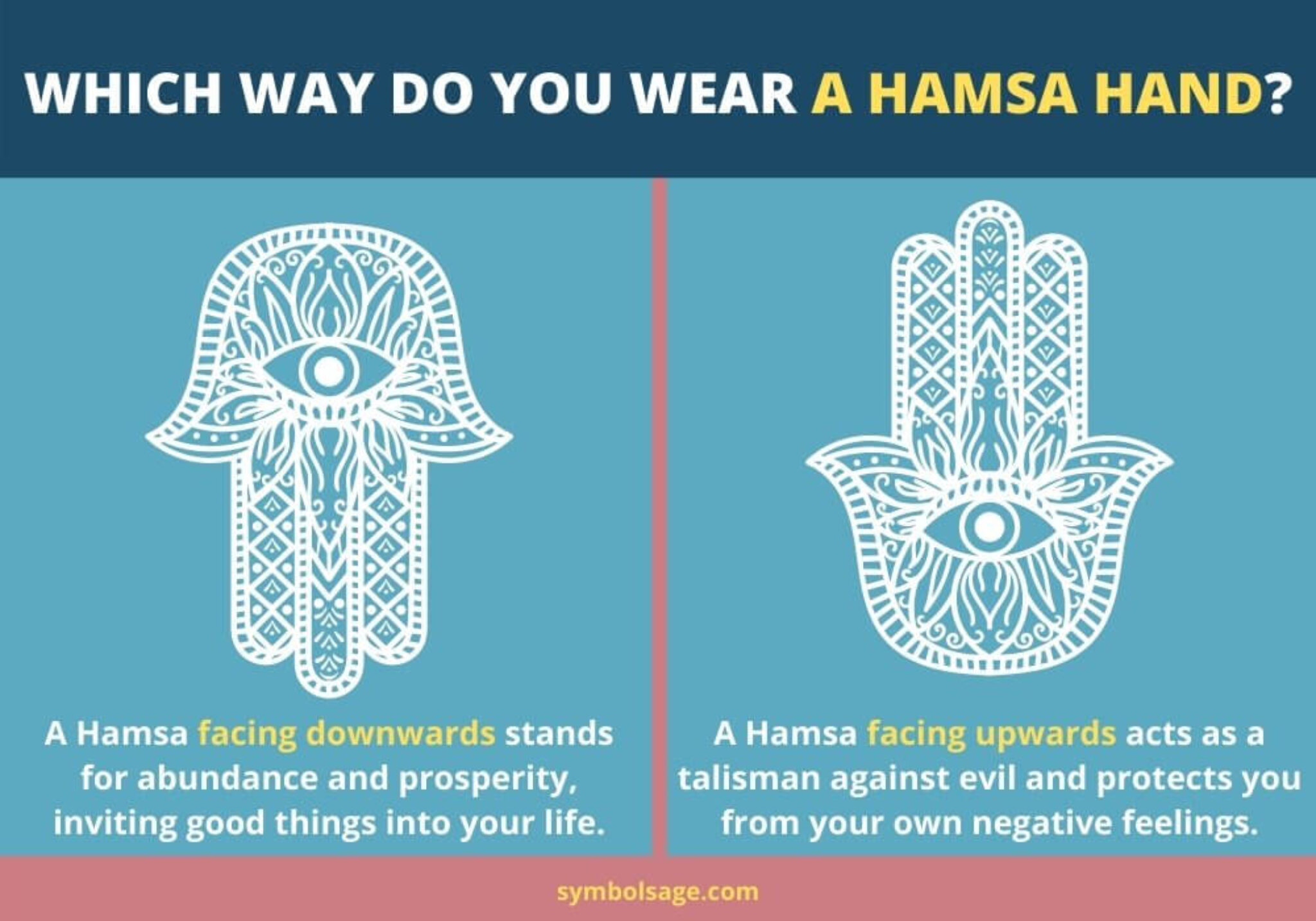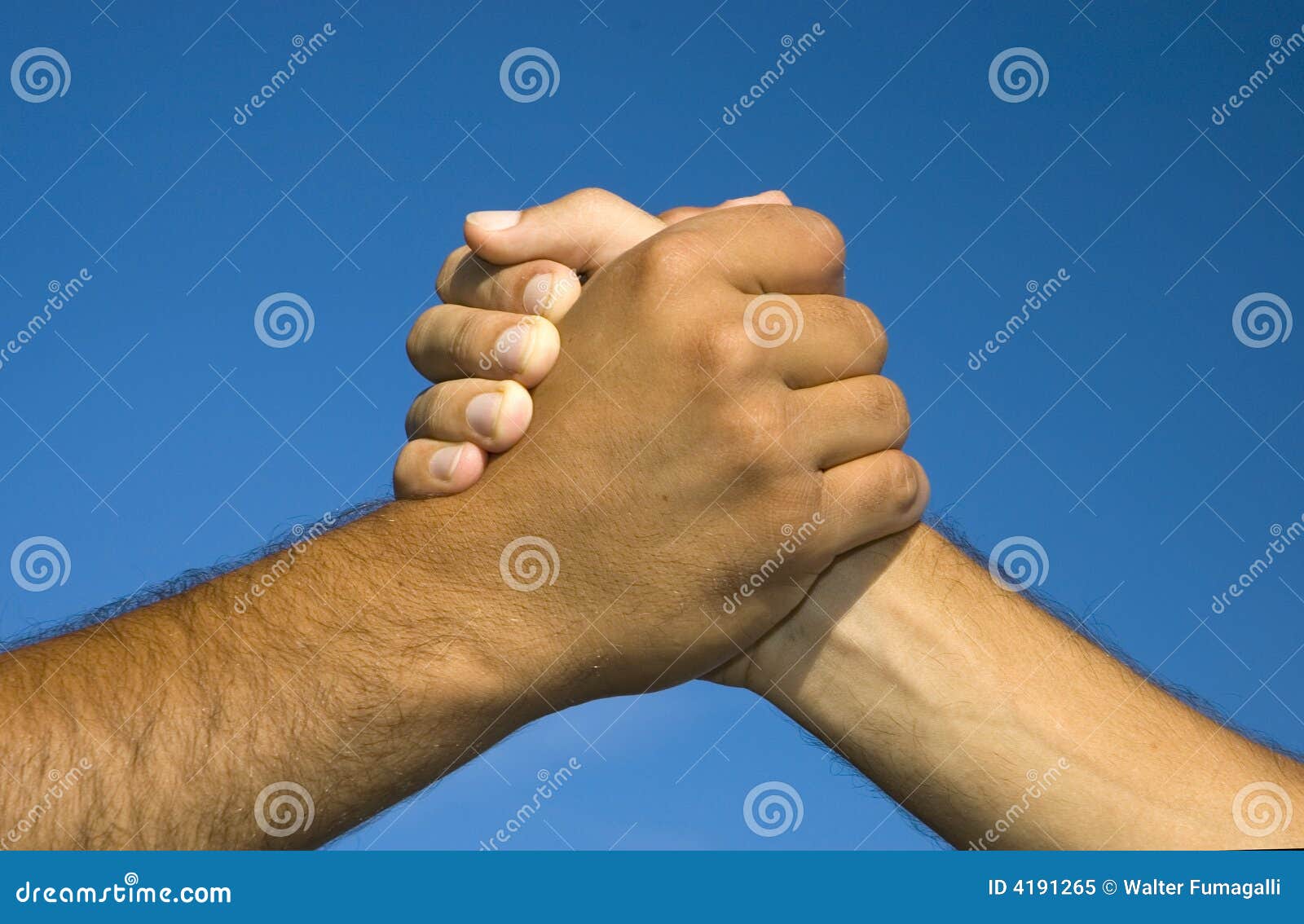


It is the hand-sign alternative of calling someone the c-word.ĩ. to wish for luck, depicts a woman’s genitalia and is considered extremely insulting if aimed at another person. In Vietnam, crossing your fingers, as we would in the U.S. This can lead to some serious confusion if you are being hit on or trying to order food off a menu. Most people assume that nodding your head is the universal sign for “yes” and shaking your head is the sign for “no.” But in Greece and Bulgaria, these actions are reversed. There are also several gestures that we use on a daily basis in the U.S., almost as a reflex, that mean something completely different elsewhere.ħ. Arab and Caribbean countries see the action of pointing your right index finger and the grouped finger tips of your left hand as a way of saying, “you have five fathers.” Or, in harsher terms, “your mother is promiscuous.” So if you want to get deported in the Middle East, this is your go-to. This sign will likely get you ejected from any place of business and not welcomed back. Flicking your thumb from the back of your upper front teeth toward someone is seriously nasty in India and Pakistan and simply means “f*** you.” Very nice. Possibly one of the oldest hand gestures still in use, it dates all the way back to ancient Byzantium, when criminals were chained to donkeys and paraded through the streets, where locals would rub their own feces onto the prisoner.ĥ. In Greece, Mexico, the Middle East, and Africa, the action of raising your open hand, palm out, with spread fingers in front of someone is a serious sign of displeasure. It will not get you a positive reaction in most parts of southern Europe or Brazil, and it’s used commonly by soccer fans wanting to send an offensive message to the fans of the opposing team.Ĥ. This is the action of punching your fist into your elbow joint while raising the other fist up in front of you. And in some countries it symbolizes lady parts. A clenched fist with your thumb between your first and second fingers means “screw you” (to put it mildly) in Turkey, Russia, and Indonesia. In France, this gesture is known as la barbe (”the beard”) and is the hand-sign equivalent of macho grandstanding.Ģ. Brushing the back of your hand underneath your chin in a flicking motion means “get lost” in Belgium, northern Italy, and Tunisia.

So aside from keeping your hands firmly in your pockets while you are traveling, what can you do to ensure that you don’t insult the locals or end up in a bar brawl? The last time I checked, there was no section in any of my phrasebooks for hand gestures.ġ. In Turkey, that sign is also an insult toward gay people.

In those countries it means that you are calling someone an a**hole. Yet it is seen as offensive in Greece, Spain, and Brazil. we use it to convey agreement and compliance. Take the OK sign - the simple hand signal where you put your thumb and first finger together to create a circular shape. to portray positive emotion or agreement, for example, might mean something highly offensive in a foreign land. In fact, people rely more heavily on hand gestures and body language when in situations where they are unable to verbally interact with someone.īut did you know that not all hand gestures mean the same thing in every country? In some places, gestures that we use on a daily basis in the U.S. Even if you never leave home without your trusty phrase book, communication is as much about nonverbal cues as it is about talking. One of the main problems travelers face is communicating with the locals. Holy Hobbit! This Patagonian Hotel Erupts with a Waterfall The Horrors of Breastfeeding and Pumping While Traveling
#Closed hands symbolising how to
How to Hunt for Buried Treasure in England


 0 kommentar(er)
0 kommentar(er)
